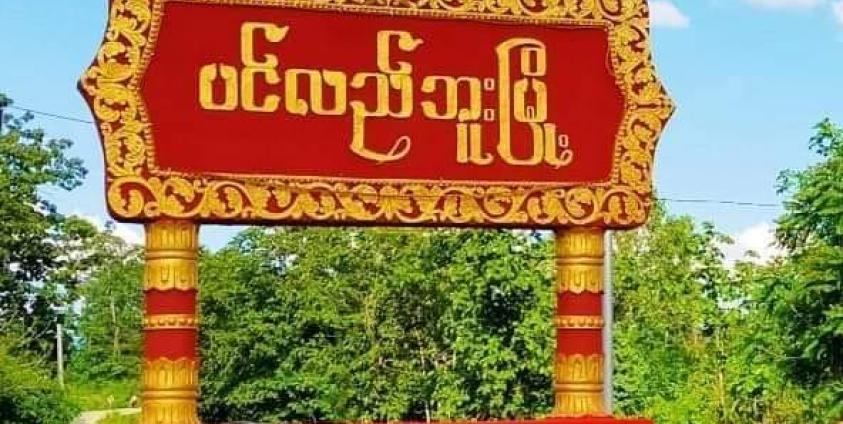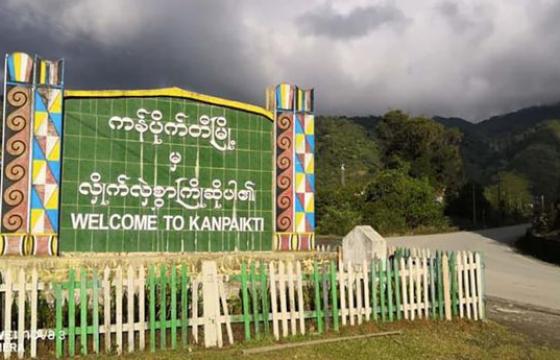In the three years since the coup Pinlebu Township in Sagaing Region has seen a steady rise in school dropout rates leading to declining literacy rates in both Myanmar and ethnic languages.
Most of the villages in Pinlebu township are mainly inhabited by Shan-Ni ethnic people.
Statistics gathered at the end of 2021 showed that there were about 12,500 students attending schools in Pinlebu Township. Now, there are only about 3,000 students attending school in the township, a decline of about 75 per cent.
Many, mostly male, middle and high school students in Pinlebu Township are opting to work in the alluvial gold mining industry, which offers attractive wages, rather than continuing their education. This has led to many students dropping out from school early, according to a Pinlebu Township resident.
He said: “Many kids are no longer eager to attend school. Alluvial gold mining operations offer up to 500,000 MMK per month, even to teenagers, and the work is relatively independent, making school less appealing. As they enter puberty, many students leave school and head to the mining sites. These operations are located around Oemyaykone, Michaunginn, and Myoma villages in Pinlebu Township, as well as at the nearby Thapanzeik Dam in Kyunhla Township, where many youths travel for work.”
Alluvial gold mining is the process of dredging gravel from river and stream beds and then filtering the gravel to remove any gold present.
Part of the problem is that many schools in Pinlebu Township that closed have not reopened.
Another Pinlebu Township resident said to Voice of Shan-Ni: “We've heard that schools are reopening in other areas where it's feasible, but schools haven't been able to reopen here yet. We are hoping they will reopen by the end of this month. For now, there are very few teachers who can teach Shan-Ni language, and there aren't enough teachers for Myanmar language classes either.”
Soon after the coup all of Pinlebu Township, apart from Pinlebu Town, came under the control of revolutionary forces because the junta only had troops stationed in the town and none in the township.
Once the revolutionary forces took control of Pinlebu Township all the schools in the township closed because they were administered by the junta. Some managed to reopen under the supervision of the NUG and are being staffed by teachers taking part in the Civil Disobedience Movement (CDM) who refuse to work for the junta. Though some schools have reopened there is still a great shortage of teachers in the township.







